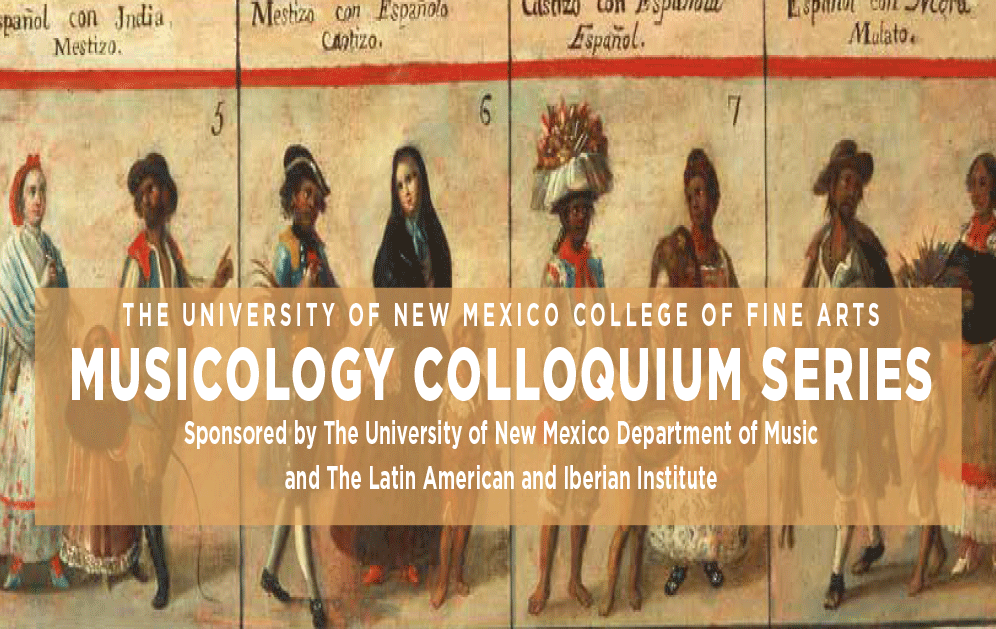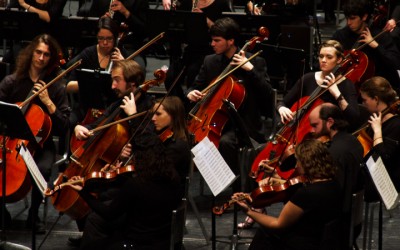Date of event: Thursday November 14, 2019
Time and Location: 2:00-3:30pm, LAII Conference Room
Description: In New Spain, an institutional structure of merit and promotion hinged on the idea of reason as an intrinsically European attribute. This attribute differentiated ‘Europeans’ from people of mixed race claiming European status based on their skin complexion. Given the affective impulses permeating ideas about reason in New Spain, this paper considers reason in light of musico-phenomenological strategies that racialized subjects used to re-write their bodies. Such process problematizes the philosophical purview of the Enlightenment’s civilizing mission, and the historical narrative of its political project.
Biography: The work of Professor Jesús Ramos-Kittrell analyzes the relationship of cultural phenomena to the socio-political structures that organize and co-produce them. Such processes interrogate power asymmetries affecting issues of social, political, and cultural representation. His published work covers the early modern period in the Americas and more current cultural analyses of globalization. Previously, Dr. Ramos-Kittrell has served as joint faculty of musicology, ethnomusicology and Latin American Studies, at Tulane University and Southern Methodist University. He is currently assistant professor in residence of musicology at the University of Connecticut.
Sponsors: The University of New Mexico Department of Music and The Latin American and Iberian Institute
Pulitzer winning alumnus Raven Chacon to debut new composition, perform
Pulitzer winning alumnus Raven Chacon to debut new composition, perform Tickets available for performances in Santa Fe, Albuquerque By Mary Beth King August 11, 2022 Pulitzer Prize winning Diné composer and sound artist Raven Chacon, who earned his Bachelor of Arts...
The American Prize in Vocal Performance—Women in Art Song and Oratorio, 2022 Winner
The American Prize National Nonprofit Competitions in the Performing Arts, David (Volosin) Katz, founder and chief judge, is honored to announce the winners, runners-up, and honorable mentions of The American Prize in Vocal Performance—women in art song and oratorio,...
UNMSO and UNM Choirs Present: A Concert For Healing
Friday, May 5 at 7:30 pmPopejoy HallUNM Symphony Orchestra directed by Dr. Matthew Forte.UNM Choirs directed by Dr. David Edmonds The UNM Choirs and Symphony Orchestra present a concert that speaks directly to the challenges faced by musicians during the COVID-19...




